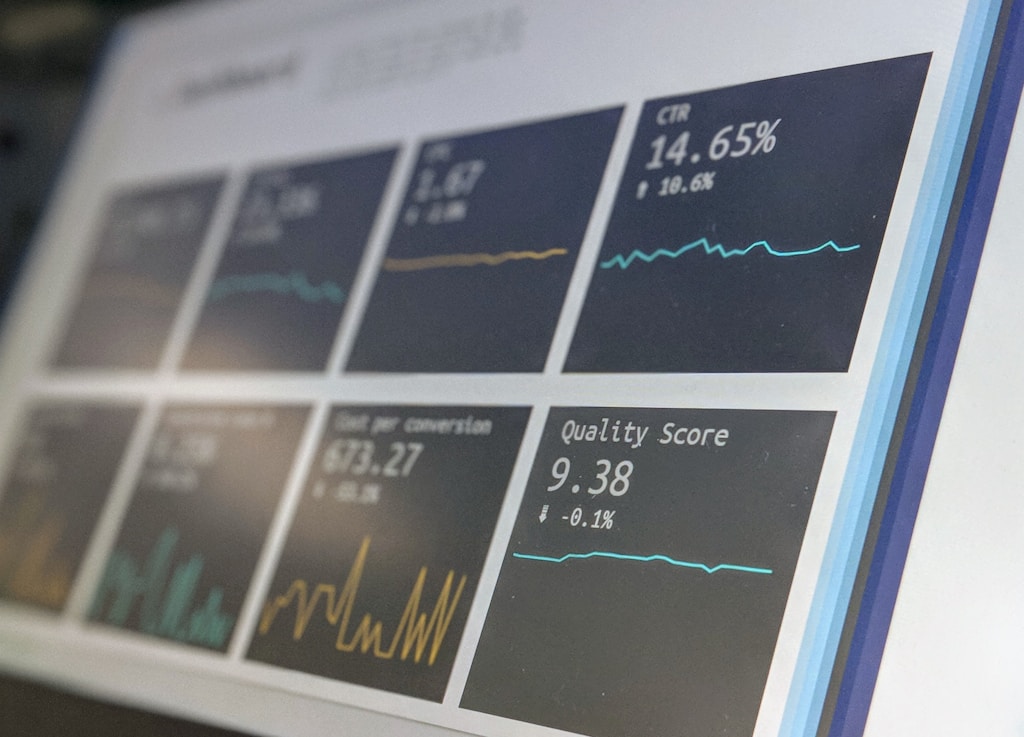SEC Commissioner Unveils 7 Urgent Crypto Reforms for Congress
SEC Commissioner proposes 7 groundbreaking crypto reforms, pressuring Congress for urgent action. Learn how these changes could reshape digital asset regulat…

In a groundbreaking development for cryptocurrency regulation, SEC Commissioner Hester M. Peirce has presented a comprehensive seven-point reform plan that puts unprecedented pressure on Congress to act swiftly on crypto oversight. This initiative comes at a crucial time when regulatory clarity is desperately needed in the digital asset space.
This proposal follows recent developments where SEC Chair demands clear crypto rules over enforcement in major shift, signaling a growing consensus within the Commission for regulatory reform.
The 7 Critical Reforms Proposed
Commissioner Peirce’s framework addresses several key areas that have long plagued the crypto industry:
- Streamlined cryptocurrency oversight procedures
- Reduced regulatory redundancy
- Protection for peer-to-peer crypto transactions
- Clear guidelines for digital asset classification
- Modernized compliance frameworks
- Enhanced agency coordination
- Expedited review processes
Impact on Crypto Markets and Regulation
These proposed reforms could significantly reshape the cryptocurrency regulatory landscape in several ways:
- Reduced compliance burden for crypto businesses
- Clearer pathways for innovation
- Enhanced investor protection measures
- Streamlined agency coordination
Expert Analysis and Industry Response
Industry experts have largely welcomed these proposals, noting their potential to provide much-needed clarity while maintaining appropriate oversight. The reforms align with growing calls for regulatory modernization in the crypto space.
Frequently Asked Questions
When will these reforms take effect?
Implementation timeline depends on Congressional action and could take several months to years.
How will this affect existing crypto businesses?
Companies may need to adjust compliance programs but should benefit from clearer guidelines.
What role will the SEC play in enforcement?
The SEC would maintain oversight but with more defined parameters and coordination with other agencies.
Looking Ahead: Next Steps and Timeline
The success of these reforms largely depends on Congressional action and inter-agency coordination. Industry stakeholders are encouraged to provide feedback during the consultation period.



